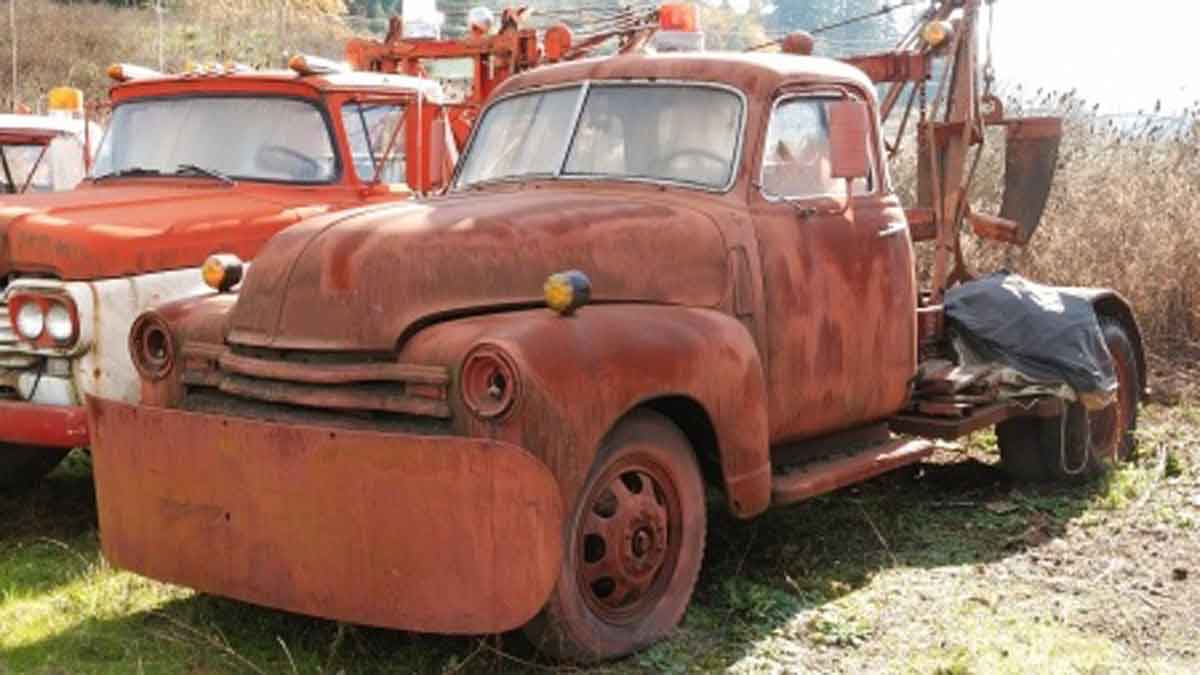Scrap My Car: Hassle-Free Scrap Car Solutions Available Currently
Scrap My Car: Hassle-Free Scrap Car Solutions Available Currently
Blog Article
The Economic and Ecological Benefits of Reusing Junk Autos
Reusing junk cars presents countless financial and environmental benefits that prolong well beyond waste decrease. These advantages highlight the multifaceted worth of reusing junk autos, yet there are further aspects to think about when examining its full impact.
Decreasing Landfill Waste
Lowering landfill waste with the recycling of junk vehicles plays an essential role in environmental conservation. Efficient reusing procedures can considerably lower the volume of waste that finishes up in land fills when automobiles reach the end of their life cycle. Scrap cars and trucks, if not effectively reused, add to the growing problem of landfill overcapacity, exacerbating environmental degradation and potentially polluting soil and groundwater with harmful materials such as oil, gas, and hefty metals.

Furthermore, the recycling procedure alleviates the unfavorable results of auto waste on biodiversity. Landfills are well-known for disrupting regional communities, and decreasing the influx of scrap cars helps preserve natural habitats. Ultimately, recycling scrap autos is a critical approach that fosters lasting waste monitoring, straightening with wider ecological objectives.
Conserving Natural Resources
In enhancement to mitigating landfill overcapacity, reusing junk autos plays a substantial role in conserving natural resources. By recycling scrap autos, we substantially reduce the need for raw products, therefore suppressing the ecological deterioration connected with mining activities.
Moreover, the process of reusing car parts such as light weight aluminum, copper, and lead is much less energy-intensive than generating these products from virgin resources. This energy savings equates directly into lowered nonrenewable fuel source usage and lower carbon footprints (sell car to junkyard). Additionally, by reclaiming and repurposing materials, we expand the lifecycle of non-renewable sources, guaranteeing they remain available for future usage
Furthermore, recycling automotive fluids like oil, antifreeze, and transmission fluid stops unsafe materials from infecting dirt and water resources. With organized recycling initiatives, these liquids can be detoxified and recycled, advertising a circular economic climate and additional diminishing the pressure on natural deposits. Hence, recycling scrap automobiles provides a multifaceted strategy to saving our world's very useful all-natural possessions.
Creating Work Opportunities
The recycling of scrap cars and trucks not only profits the setting but likewise boosts financial development by developing task possibilities. This growing market provides a large selection of employment leads, ranging from the preliminary collection and transport of old cars to the detailed processes of dismantling, sorting, and repurposing the numerous parts.

The spreading of recycling plants further intensifies the task market, requiring roles such as designers, machine drivers, and high quality control specialists to guarantee and take care of the innovative machinery conformity with environmental policies. Also management positions, such as sales, advertising, and client service, see a surge as the industry expands.
Reducing Production Expenses
By integrating recycled products from junk automobiles, makers can considerably lower manufacturing expenses. The usage of recycled steel, light weight aluminum, and various other important steels minimizes the need for raw product extraction, which is both energy-intensive and pricey. This not only conserves all-natural sources but likewise converts into significant price savings for automotive producers. The power called for to process recycled products is significantly much less than that needed to generate brand-new products from square one. As a result, this reduction in power consumption directly associates with lowered manufacturing expenses.
Additionally, the reusing process helps enhance the supply chain by offering a steady increase of products that are conveniently offered and typically less expensive than freshly mined sources. These price efficiencies are specifically important in a highly affordable sector like auto production, where margins can be razor-thin. In addition, the recycling of junk cars and trucks assists alleviate the unpredictable pricing of resources, allowing makers to better forecast and control their production budgets.
Providing Cost Effective Automobile Components
When scrap cars are reused, the availability of affordable vehicle components considerably enhances, profiting both consumers and repair work stores. Recycled auto parts are usually offered at a portion of the cost of repairs, giving a cost-efficient alternative for lorry owners and technicians. This affordability can be essential for people who may not have the financial means to buy new components, allowing them to maintain their cars in functional and risk-free problem.
Repair stores likewise get from this raised accessibility of economical components. By sourcing recycled elements, these organizations can reduce their functional expenses, which can be passed on to clients with lower service fee. This, consequently, can lead to higher consumer fulfillment and commitment, as clients appreciate the cost financial savings buy my old car for cash without endangering on top quality.
Furthermore, the top quality of recycled parts has boosted substantially throughout the years, many thanks to developments in recycling procedures and see it here quality assurance measures. Numerous recycled components go through extensive testing to guarantee they meet market standards, offering integrity comparable to repairs - sell my junk car denver. By offering a economically feasible and high-quality alternative, the recycling of scrap vehicles plays a pivotal role in supporting both the automobile fixing market and the more comprehensive customer market
Verdict
Reusing junk autos provides substantial economic and environmental benefits by considerably reducing garbage dump waste and conserving natural sources. Overall, the recycling of scrap cars supports both economic growth and sustainability purposes.
Recycling scrap vehicles offers many financial and ecological benefits that prolong well past waste reduction. Scrap vehicles, if not effectively reused, contribute to the growing issue of garbage dump overcapacity, worsening environmental destruction and possibly polluting soil and groundwater with unsafe materials such as oil, gas, and hefty metals.
By reusing scrap autos, we significantly lower the need for raw products, consequently suppressing the ecological destruction associated with mining tasks.When scrap cars and trucks are recycled, the schedule of budget-friendly car parts significantly boosts, benefiting both consumers and repair shops.Reusing scrap autos offers considerable financial and environmental advantages by significantly minimizing land fill waste and conserving natural resources.
Report this page